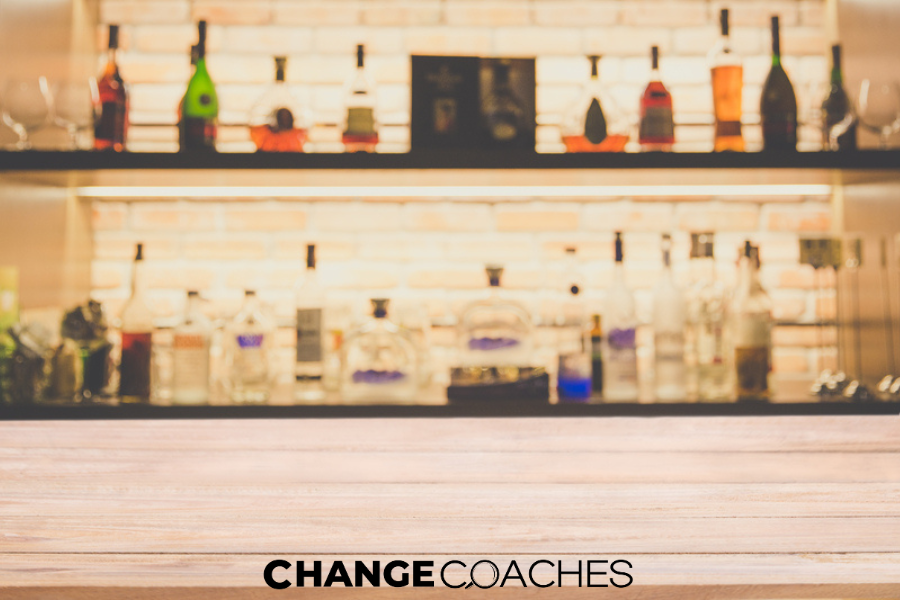What’s your workplace’s culture around alcohol consumption?
For those of you who drink, you might not have thought about this as an important cultural factor that impacts your colleagues’ senses of belonging at work. Social drinking has been a bonding ritual in workplaces for a very long time, from team happy hours to boozy brunch with clients. A lot of workplaces treat social drinking occasions as a way to boost team morale. What’s lying underneath these innocuous occasions is a darker assumption: drinking is expected in order to form the relationships that will move your career ahead.
Thinking about the dominant leadership standards and cultural expectations that dictate how business is conducted, it’s no wonder that alcohol abuse is the most common amongst working professionals. Shows like Mad Men, Suits, and even The Office show us exactly how the workplace can make it difficult to get sober. Folks who don’t drink for any number of reasons can be left on the margins in a workplace that refuses to interrogate its culture around alcohol.
This also puts an incredible amount of pressure on managers who are often under-resourced and unable to help employees who are really struggling. When I was working in corporate, there were a couple of instances where I was basically forced to manage out employees who were struggling with substance abuse. I did my best at the time to lead below the surface and work behind the scenes and under the table to get those folks resources and support, but the situation was still incredibly fraught. Sobriety really is a form of diversity we often forget about, and companies don’t always do their part to provide the support systems that people need when they’re trying to get sober.
This is one of the many reasons that I was so excited to interview Khadi Oluwatoyin on this week’s episode of the Leading Below the Surface Podcast. Khadi is an attorney and the founder of Sober Black Girls Club, a national nonprofit that creates a community for Black women, femmes, and gender non-confirming folks who are on a journey to get sober. We had a fantastic conversation about Khadi’s experiences getting sober as a Black woman, sobriety from an intersectional perspective, and insights that can help managers create more inclusive workplaces for sober folks.
There are many ways that companies and managers can create bonding rituals and show appreciation without alcohol – and these are increasingly in demand! “Sober curiosity” is having a cultural moment right now thanks to younger generations. Gen Z drinks on average 20% less alcohol per capita than millennials did at their age, which has led to a huge boom of no-alcohol and low-alcohol beverages on the market. Case-in-point: I was at a conference recently that was sponsored by a company that makes zero-proof alcohol alternatives. The mocktails they served were delicious and these drinks even attracted the longest lines!
So, the next time you’re planning a company event or thinking about how to show appreciation for your employees, ask yourself how you can use this opportunity to get creative and be sober-inclusive. Are you providing enough options, or is alcohol the default? If so, can you think of ways to connect without alcohol that your employees might enjoy?
If, like me, you’ve recently experienced a great work event that didn’t focus on alcohol, I’d love to hear what you enjoyed about that experience. Connect with me on LinkedIn and let me know!

